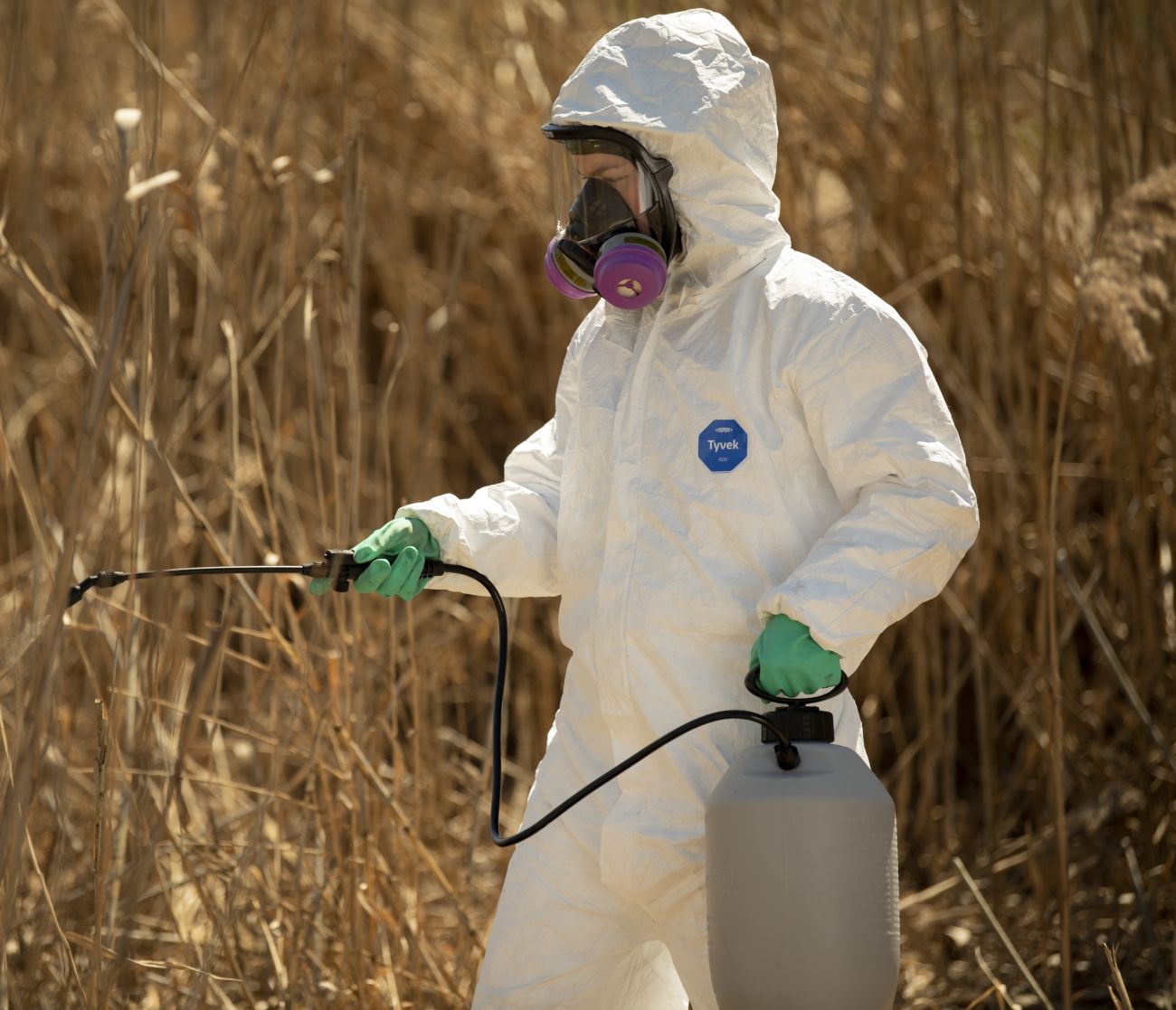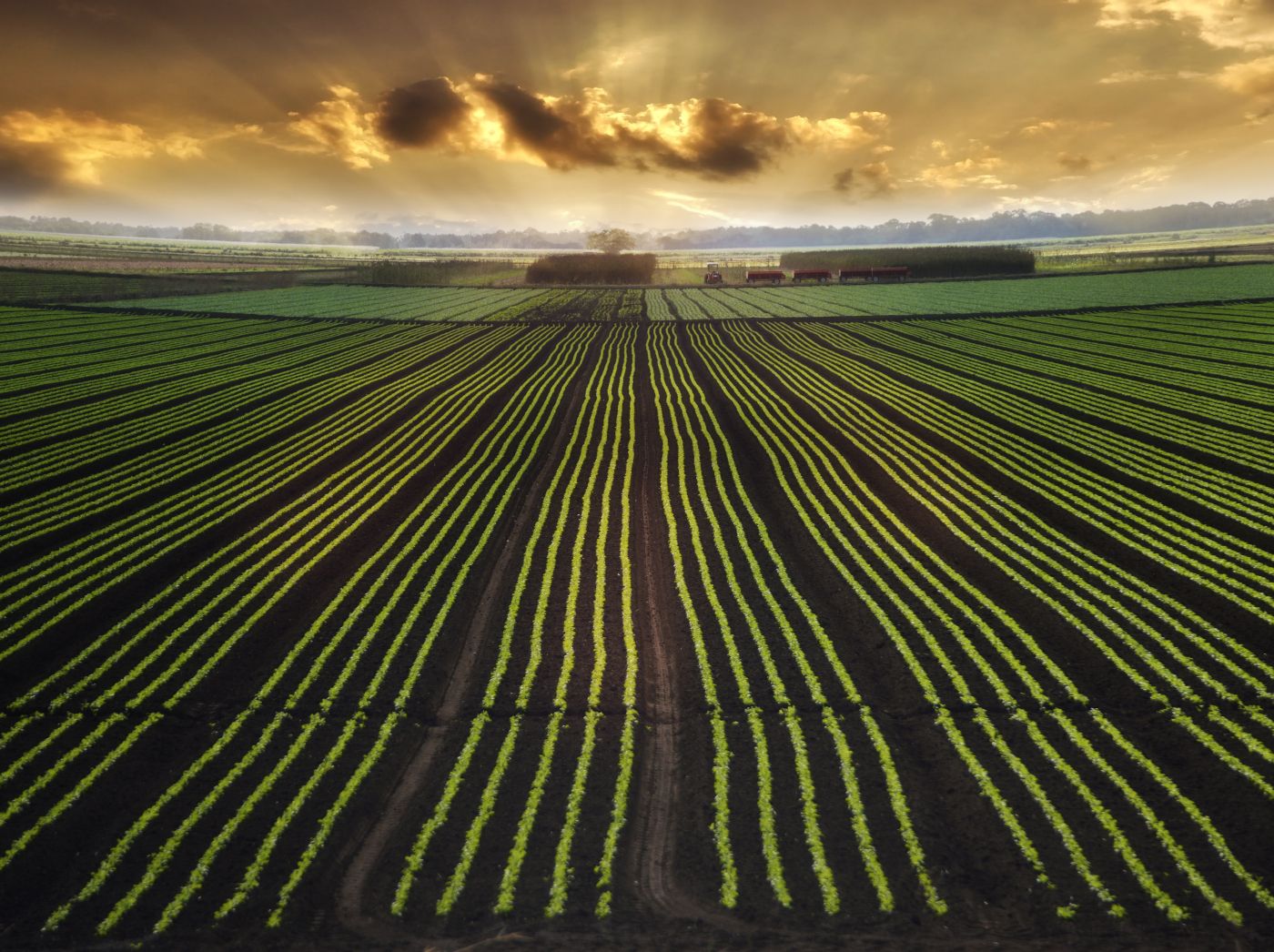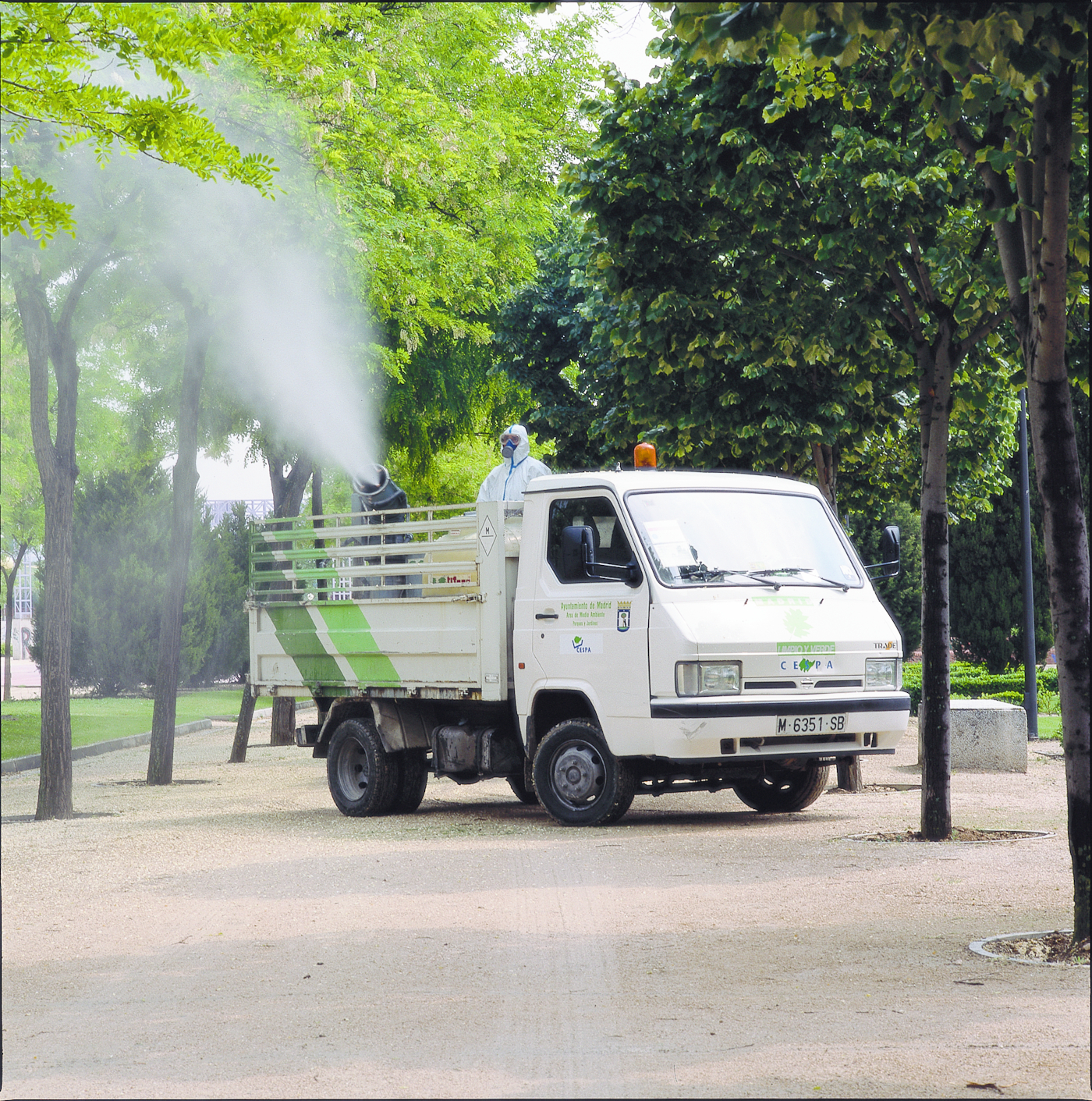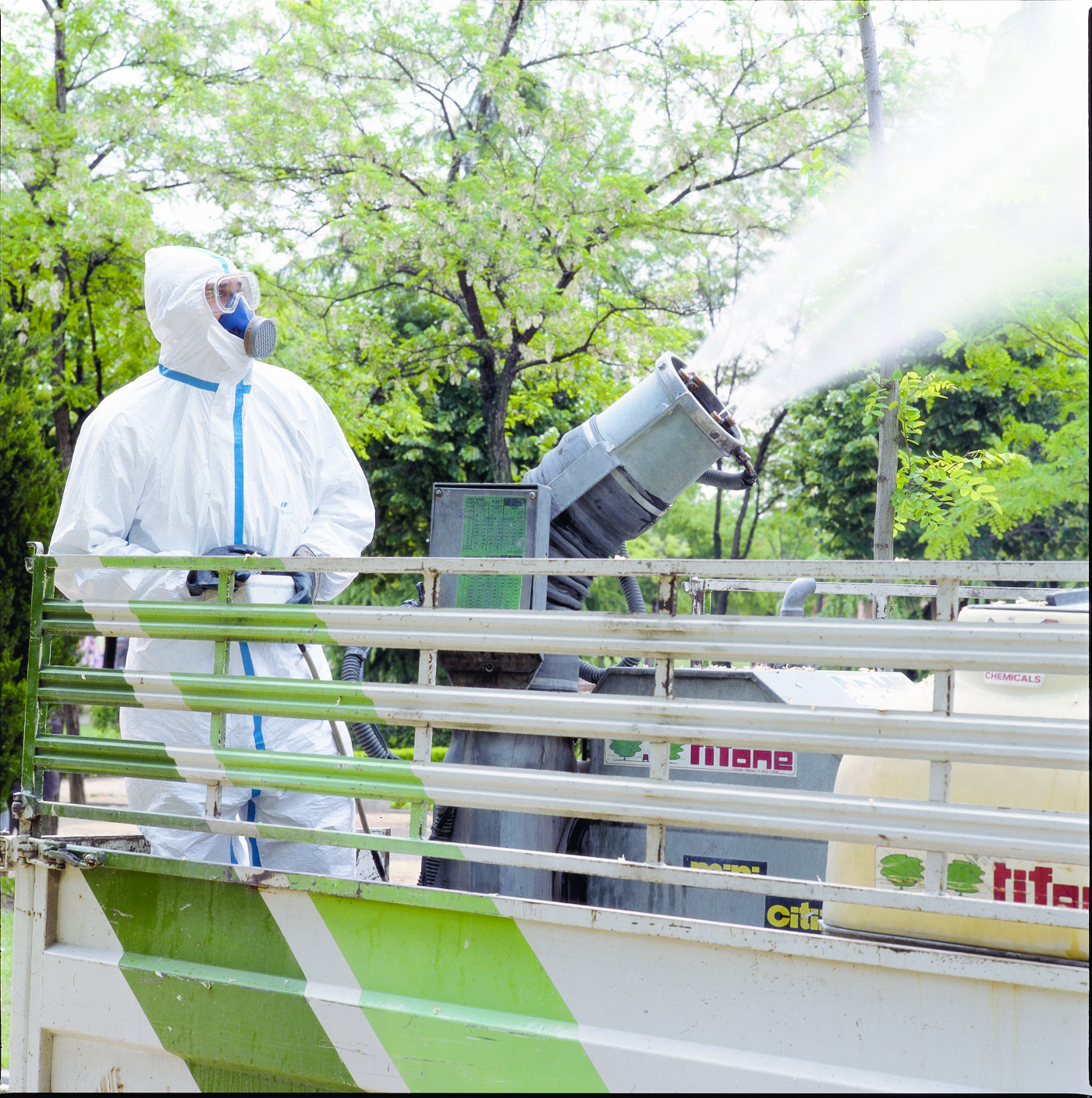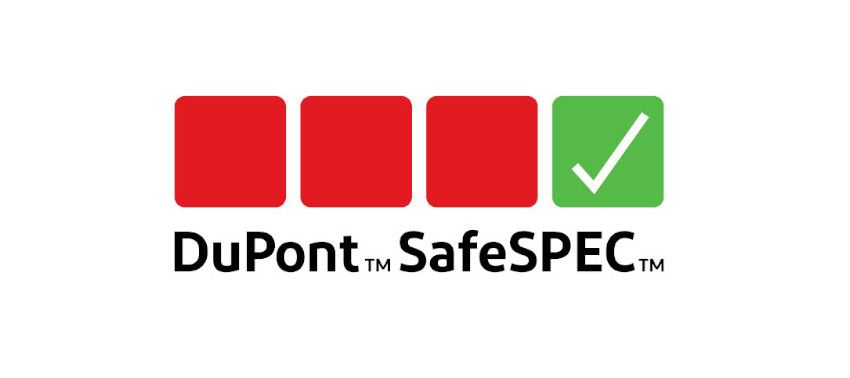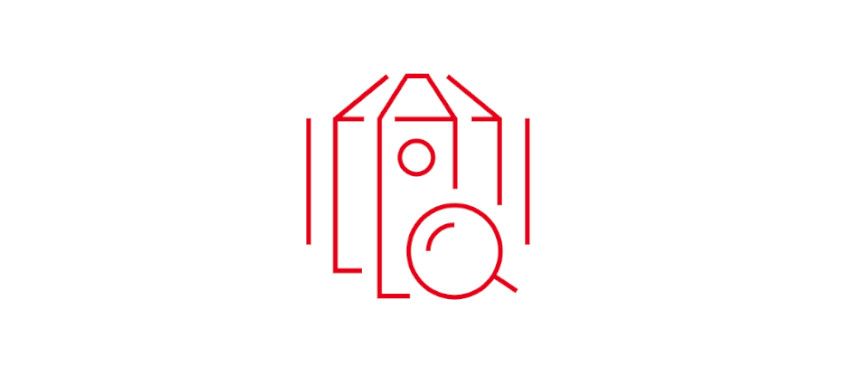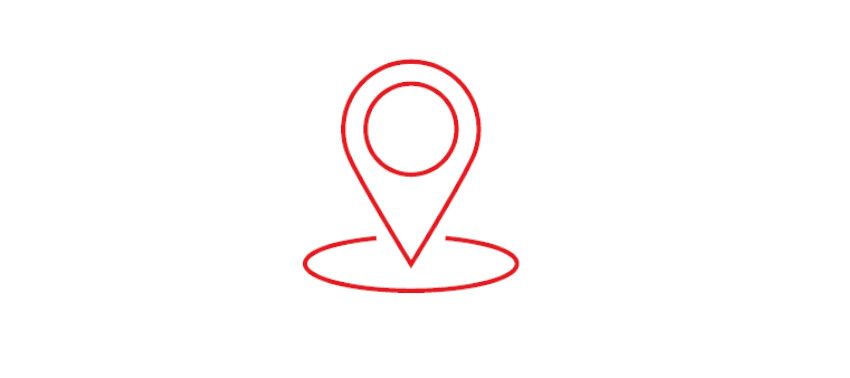Although typical viral diseases amongst animals (swine fever, foot and mouth disease, fowl plague, etc.) cannot be transmitted to humans, people working in close contact with infected animals can easily carry (cross-transmit) the virus elsewhere. Many of these viruses can be carried on skin, hair and clothing, and can remain active for extended periods.
Additionally, the use of phytosanitary products to preserve crops makes agriculture one of the most dangerous professions. Therefore, anybody working with pesticides or animals should always wear the appropriate personal protective equipment.
Workers in the agricultural sector face two particularly dangerous types of risks.
<h2><span style="color: rgb(255,255,255);"><b>Protection against animal-borne hazards</b></span></h2>
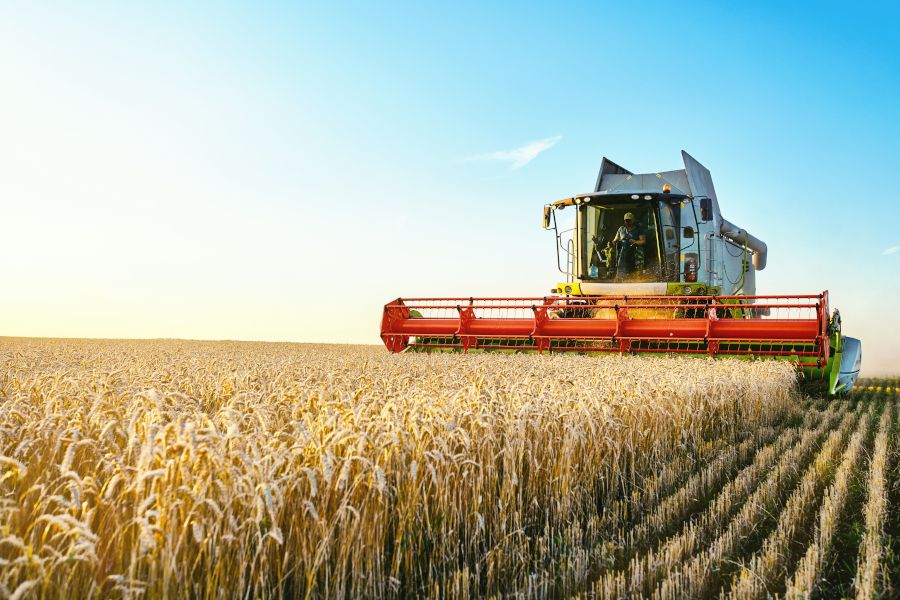
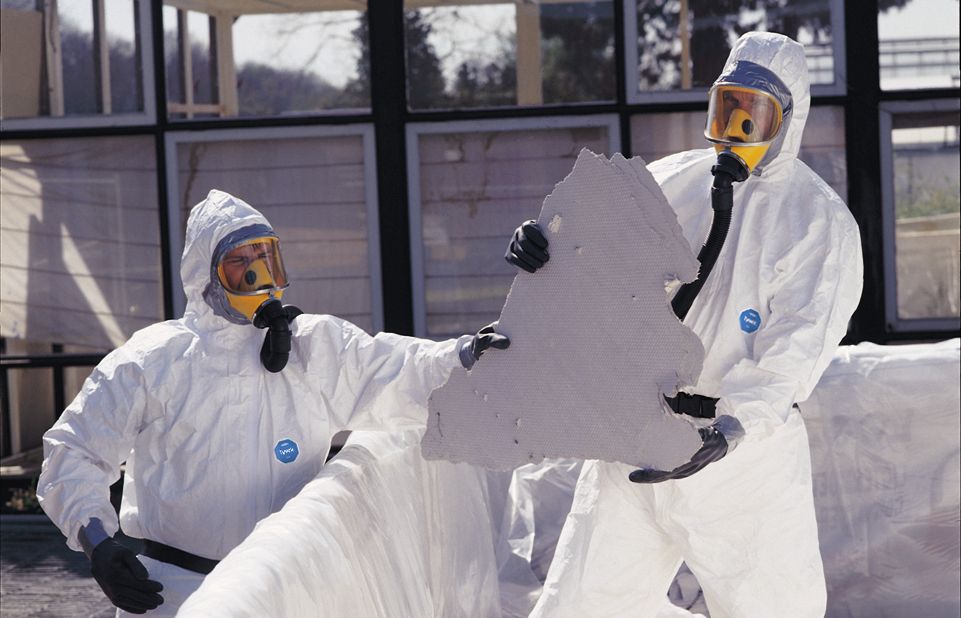
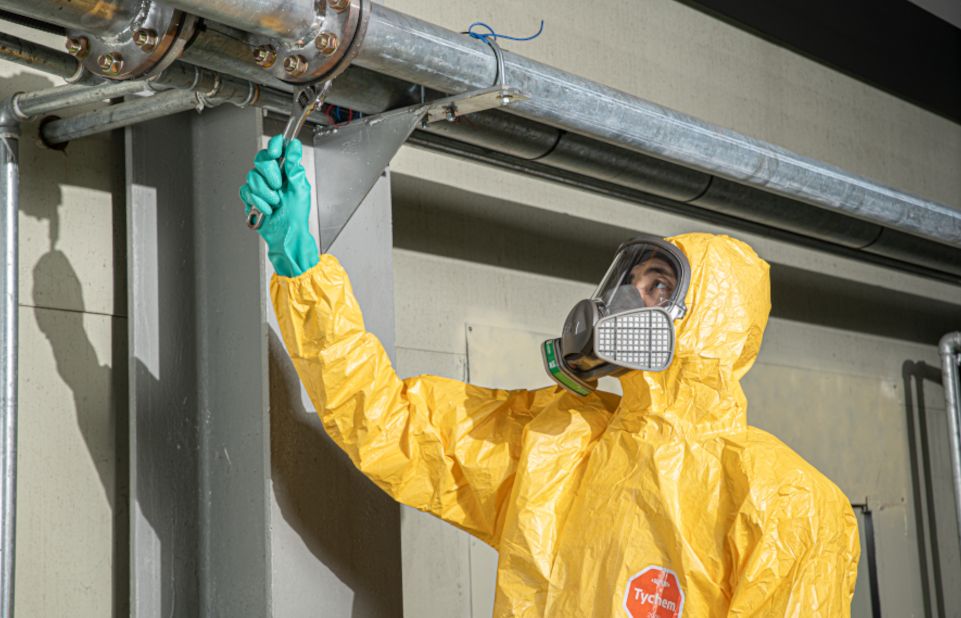
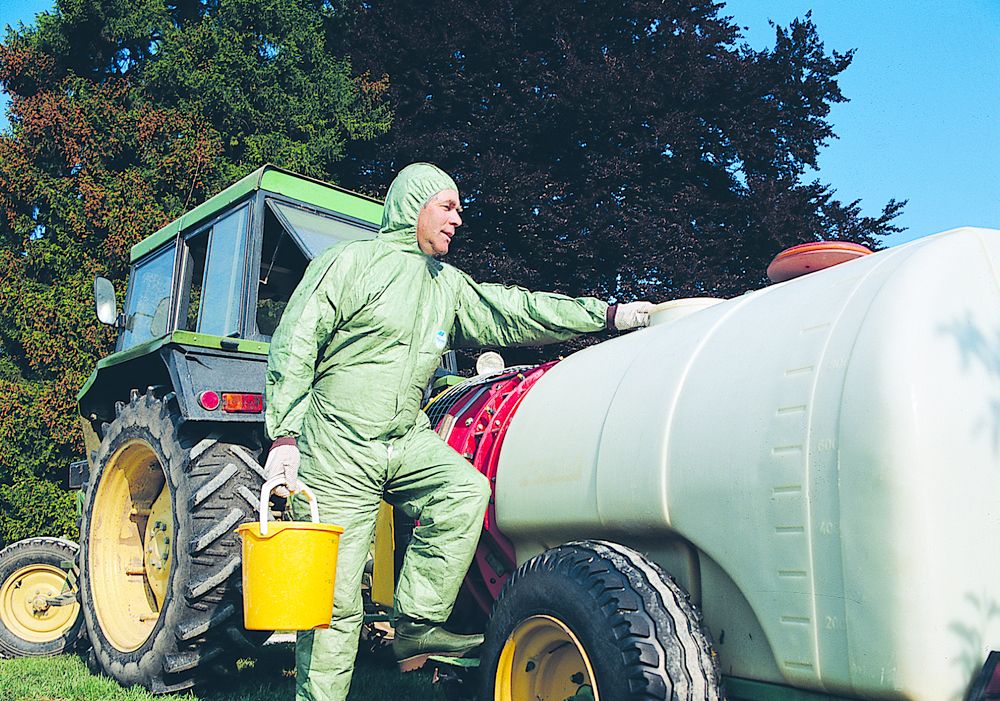
<h2><span style="color: rgb(255,255,255);"><b>Protection against animal-borne hazards</b></span></h2>
For veterinarians, farmers and other workers who come in contact with live animals, infected feces or body fluids, or the bodies of dead animals, liquid impervious suits are preferred. DuPont™ Tychem® 2000 fabric has passed all relevant bio-barrier tests according to EN 14126 (at the highest performance levels), and the seams and closures of Tychem® 2000 garments have passed a 3-bar liquid pressure test, providing liquid-tight performance during an entire working shift.
Decontamination with disinfectants
Decontaminating protective clothing after use is important for safeguarding wearers against various types of cross-contamination and reducing the spread of disease-causing pathogens such as avian influenza and Foot and Mouth Disease.
